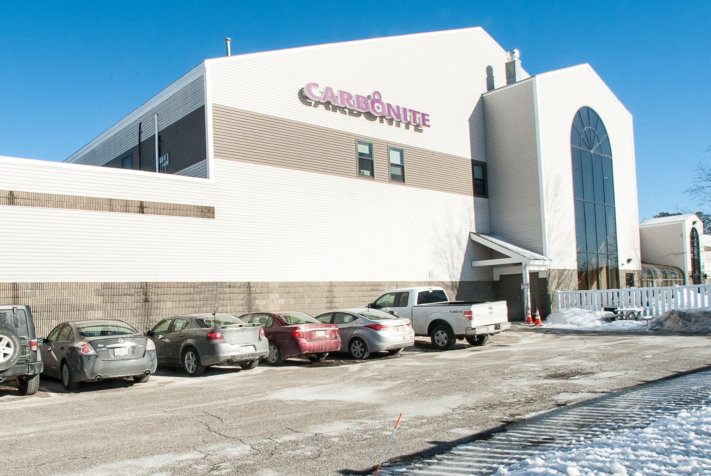News reports about Carbonite shipping Lewiston jobs to Jamaica — despite receiving substantial tax breaks from the people of Maine — are just the tip of the iceberg of a far larger problem that’s been plaguing Maine for decades.
In 2011, Carbonite announced it was closing a call center in India to bring jobs here to Maine. The company was reimbursed for 80 percent of what its workers paid in state income taxes. Today, the company has halved the number of employees in Lewiston, from 365 in 2015 to 180, according to the Sun Journal. Meanwhile, as the workers depart the Lewiston office, Carbonite has been hiring new workers at a call center in Jamaica.
The problem isn’t Carbonite; it’s the way these tax break programs are set up. We seem to hand out tax breaks like candy to anyone who so much as breathes the word “jobs” without tying those tax reductions to actual results. We can hardly blame companies for gaming that system. For some, it’s been as easy as holding a press conference and promising a lot of jobs, and then waiting for us to hand over a blank check.
This hope-and-prayer approach to job creation has been a dismal failure since it was first invented, and it’s a heck of a way to run a government.
It’s all part of the “trickle down” theory, which contends that if we make rich people and corporations richer, they’ll reinvest in the economy and we’ll all be smelling the roses. All we have to do is let them off the hook for their share of paying for things like public safety, the military and schools.
It’s a strongly-held belief system that hardly ever works. When it does work — which is almost as much by accident as anything else — there’s always a big splash about it in the media to make sure we all know about it.
What we don’t hear about, though, is all the cases where the largess that the rich get from tax breaks isn’t reinvested to produce jobs but rather is applied to reducing jobs or building assets overseas.
Kansas went down this trickle-down road in a big way a few years back, with everything in place to show that trickle down actually works. They had an ultra-conservative tea party governor and Republican majorities in both houses. They went all in with massive tax breaks to the rich and businesses, and sat back and waited for the tidal wave of promised new jobs and revenues.
None of the benefits ever came. Instead, to stop the gushing red ink flooding the halls of state government, school funding was cut back, roads fell apart and essential services were drastically reduced. Finally, the Kansas Republican legislature last year pulled the plug on the experiment and raised taxes to pay for the deficit.
None of that stopped Congress from passing what the president likes to call the “biggest tax cuts in history” a month ago. Look for a repeat of Kansas’s experience but on a much larger scale, with as much as a trillion and a half dollars added to the deficit. Over time, that will be covered, as it always is, by quiet shifts of the tax burden to smaller businesses, working people, the middle class and young people.
Republicans are the main proponents of trickle-down giveaways, but both parties have supported their own version of it. Carbonite took advantage of a program called Pine Tree Zones, for instance, a product of Democrat John Baldacci’s administration. What began as a small program that targeted rural areas grew to become a big program that covers most of the state.
None of this is an argument against all tax breaks, just the ones that don’t work. For incentives to really produce jobs, they have to be tied to real results, not wishful thinking. Companies that make lavish promises about jobs deserve our hearty applause, but not our money. On the other hand, companies that actually create and sustain those jobs should get tax breaks and any other help taxpayers can offer, so they can keep doing it.
It shouldn’t matter whether those jobs come from big businesses or little ones, but it has to matter if there are actually jobs created from these tax breaks and not just more empty promises.
If we taxpayers are going to hand out tax breaks let’s approach it the same way we do when we hand out any government benefits. Make sure we’re getting our money’s worth. Insist on real jobs. Trust but verify. Monitor what actually happens, and cut the benefits if targets aren’t met.
If we do that, we’ll produce more jobs per tax dollar invested, constantly improve the programs that work and be able to eliminate the ones that don’t.
Alan Caron is an independent candidate for governor and a former columnist for this newspaper. He can be reached at: alan@caronforgovernor.com.
Send questions/comments to the editors.


